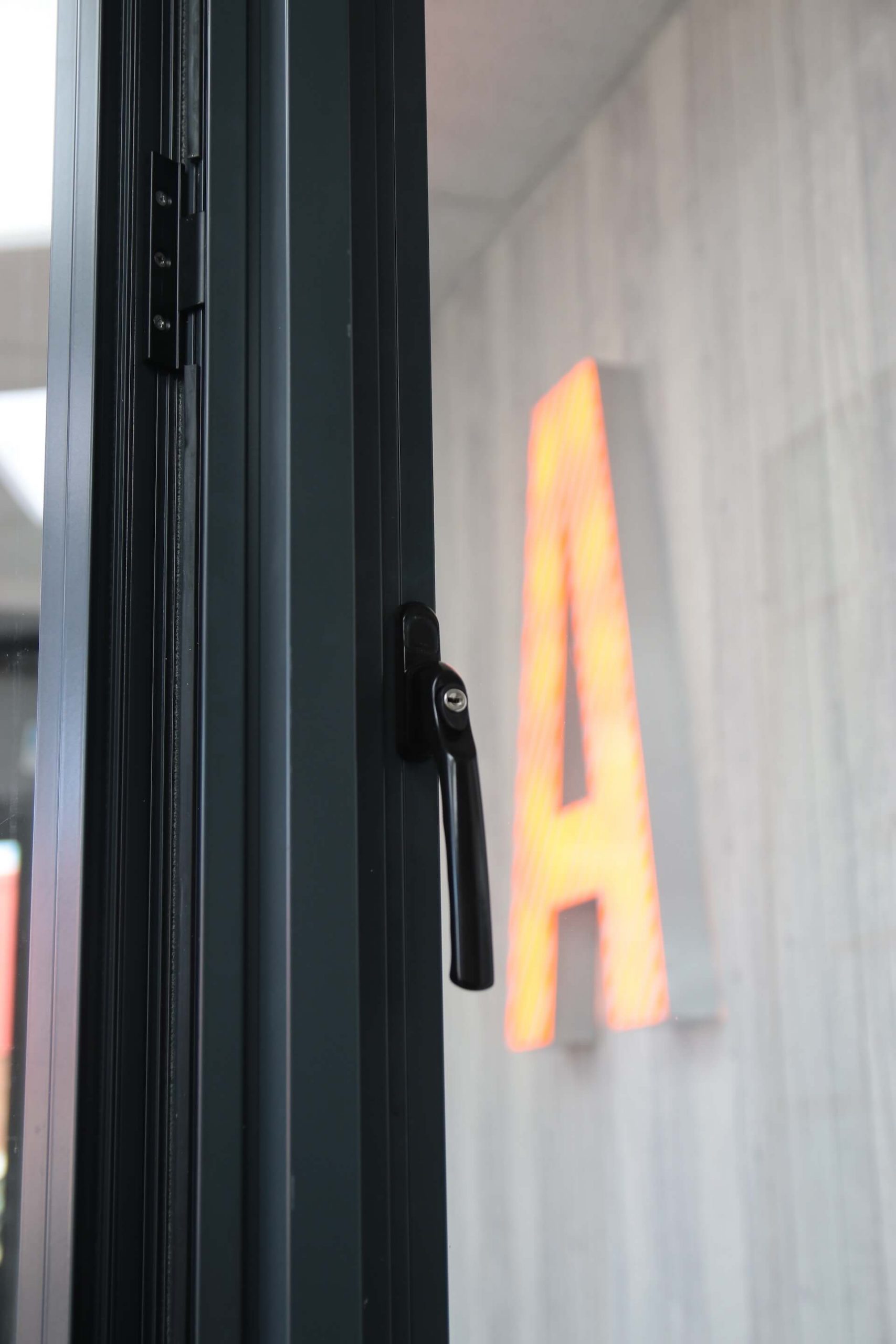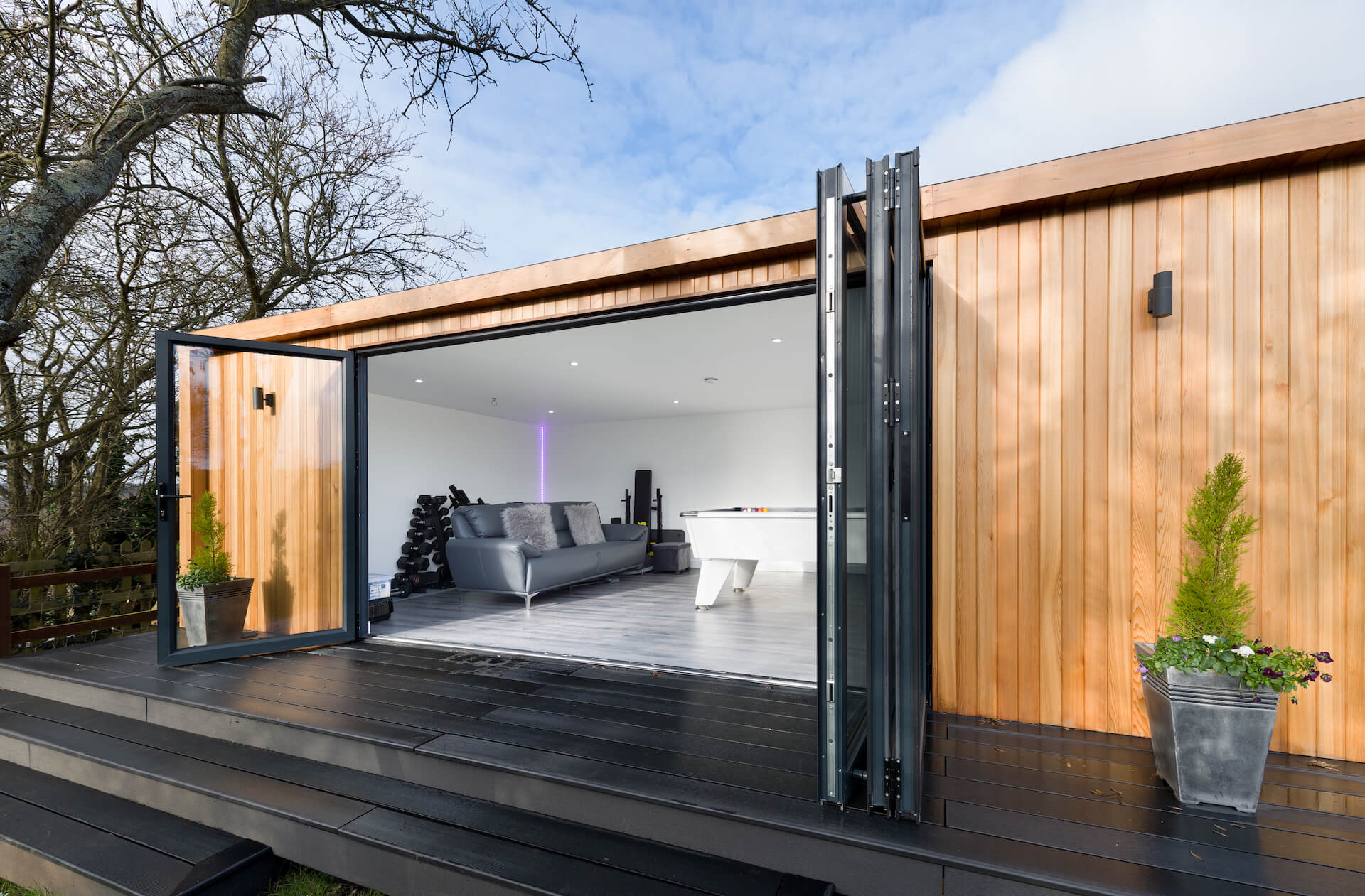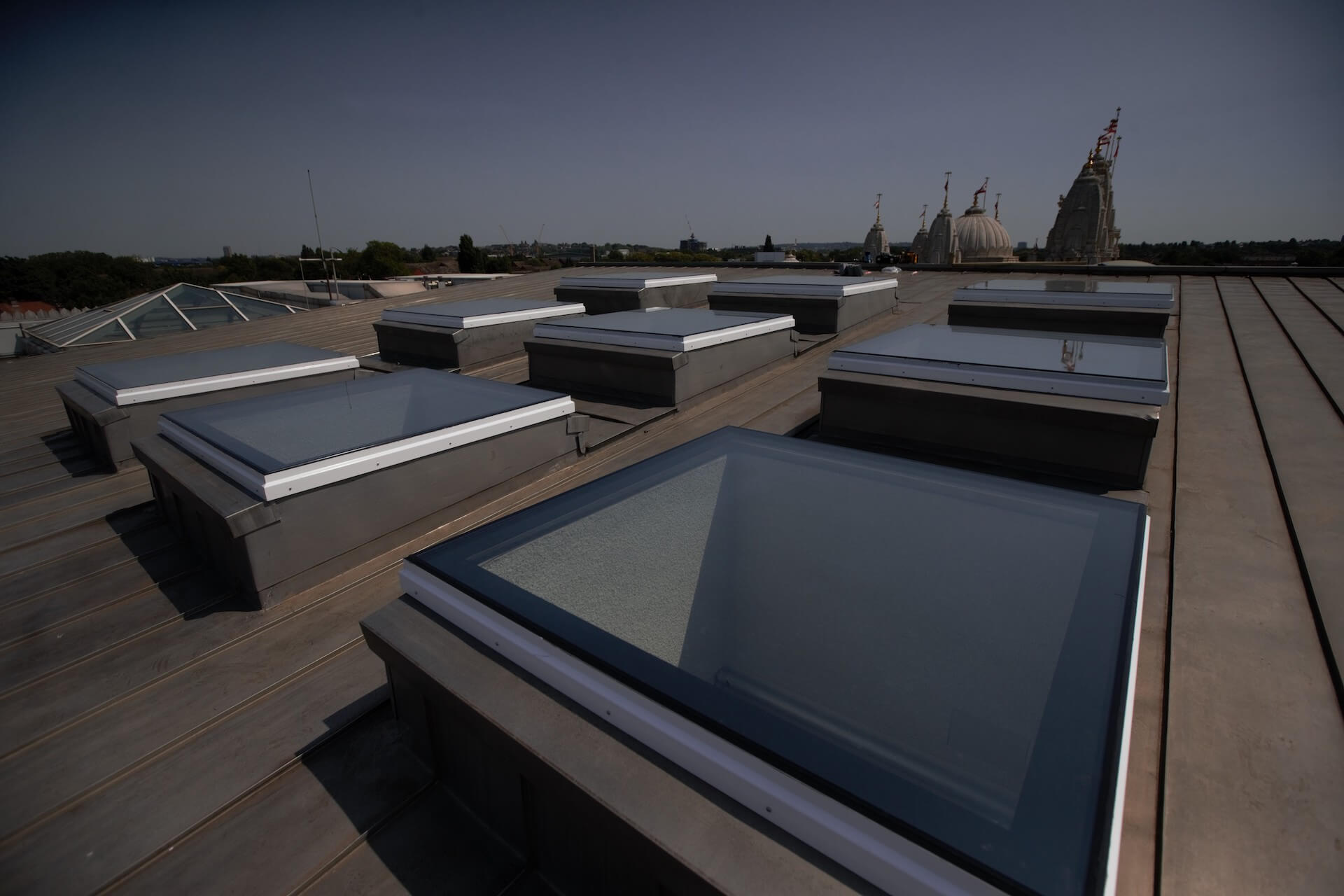Aluminium is one of the most sustainable materials available. In this blog, we will explore the various aspects of aluminium’s sustainability, including its durability, recyclability, and energy efficiency.
Is aluminium sustainable?
Yes, aluminium is a sustainable material. It is highly recyclable, which means that it can be used again and again without losing its properties or quality. In fact, aluminium has one of the highest recycling rates of any metal, with over 75% of all aluminium ever produced still in use today. Additionally, the production of aluminium requires less energy compared to other metals, which means that it has a lower carbon footprint.

What properties make aluminium sustainable?
Durability:
Aluminium is a highly durable metal that can withstand extreme temperatures and weather conditions. Unlike other metals, aluminium does not rust or corrode, which makes it an ideal choice for doors and windows. In fact, aluminium can last up to three times longer than other materials, such as wood or steel. This means that products made from aluminium have a longer lifespan, reducing the need for replacements, saving money and ultimately reducing waste.
Recyclability:
One of the most significant benefits of aluminium is its recyclability. Aluminium can be recycled repeatedly without losing its properties, making it a highly sustainable material. In fact, recycling aluminium uses up to 95% less energy than producing new aluminium from raw materials. This process also reduces greenhouse gas emissions, as it requires less energy to recycle aluminium than to mine and refine bauxite, the primary source of aluminium.
Energy efficiency:
Another important aspect of aluminium’s sustainability is its energy efficiency. Aluminium is lightweight, which means that products made from aluminium require less energy to transport and handle.

How sustainable is aluminium?
The sustainability of aluminium is determined by its extraction, disposal, and its impact on the environment as well as society.
Advances in technology and the use of recycled aluminium have made the industry more sustainable, but there is still room for improvement. At Aston Architectural Aluminium, we believe strongly in playing our part, minimising waste during the manufacturing and packaging process, sourcing all our aluminium profiles sustainably throughout the supply chain and fabricating efficiently.
Extraction:
Aluminium is typically extracted from bauxite ore through the Bayer process, which involves crushing, refining, and smelting. This process requires a significant amount of energy, and the resulting greenhouse gas emissions can contribute to climate change. However, advancements in technology have led to more efficient extraction methods and the use of renewable energy sources, reducing the carbon footprint of aluminium production.
Manufacturing:
Once extracted, aluminium can be formed into various products through processes such as casting, extrusion, and rolling. The manufacturing process can consume a significant amount of energy and produce waste, but the use of recycled aluminium can significantly reduce these impacts.
Disposal:
Aluminium can be recycled indefinitely, reducing the need for virgin material extraction and reducing waste. However, improper disposal of aluminium products can lead to environmental pollution and contribute to climate change.

FAQs:
Q: Is aluminium better than steel?
A: Yes, aluminium is better than steel in terms of sustainability. Aluminium is highly durable, lightweight, and recyclable, which makes it a better choice.
Q: Can aluminium be recycled?
A: Yes, aluminium can be recycled repeatedly without losing its properties. Recycling aluminium also requires less energy and reduces greenhouse gas emissions.
Q: How is aluminium made?
A: Aluminium is made by mining and refining bauxite, a naturally occurring mineral. The refining process involves extracting alumina from bauxite, which is then used to produce aluminium.
Sustainable windows and doors from Aston Architectural Aluminium
Aston Architectural Aluminium offers premium quality aluminium products including bifold and sliding doors, heritage doors and windows to local builders, glazing installers and fabricators mainly trading within the South East, as well as nationwide. Designs can be made bespoke to order, or produced on a larger scale for commercial customers, and are manufactured at our headquarters in Watford. Our standard turnaround time is just one week, with a rush order turnaround of 24 hours.
To find out more about our aluminium heritage windows, call 01923 510 220 or contact us via our online form.